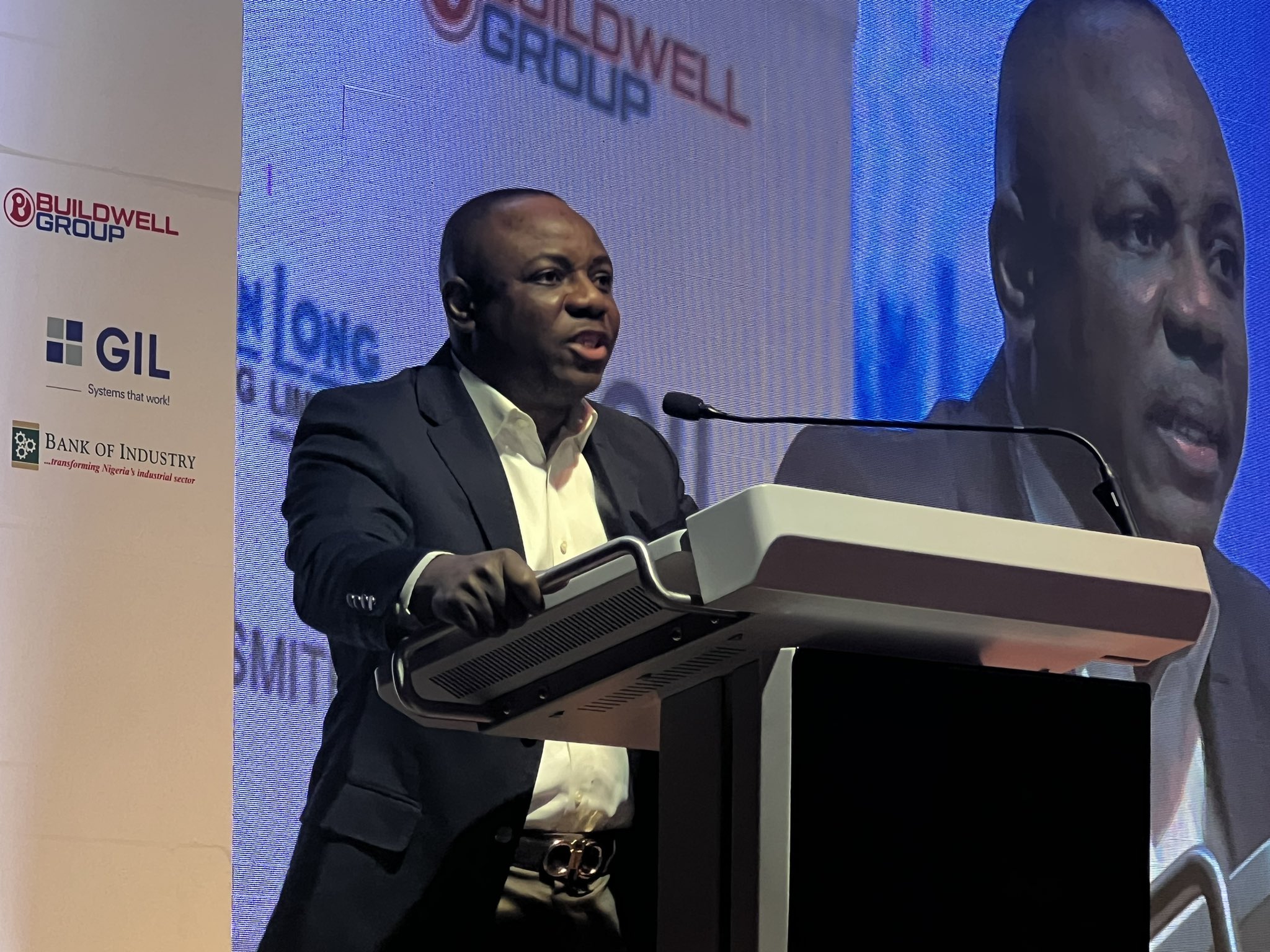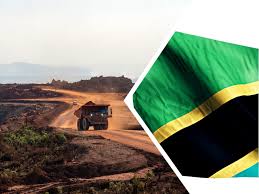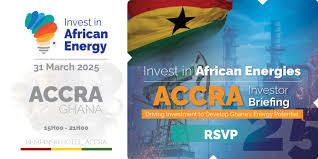
Aduda calls for local research into technology to reduce effects of fossil emissions
Oil & Gas
…calls for increased Collaboration, Human Capacity Building, Research & Development
By Anthony Isibor
FOLLOWING the continuous call for a unanimous renewable energy transition, Gabriel Aduda, Permanent Secretary, Ministry of Petroleum Resources, has called for increased indigenous research into technologies capable of reducing the harmful effects of fossil emissions on the environment.
Aduda made the call at the Practical Nigerian Content, PNC, Forum organised by the Nigerian Content Development and Monitoring Board, NCDMB in Yenagoa.
He explained that it is more profitable for Africa to continue to take advantage of the natural resources that it has been endowed with by nature than to focus on an uncertain future and noted that Africans must take up the challenge of finding a way out through investment in technologies instead of waiting for ‘The West’ to do it for them”.
He urged Africa to do exactly what China would do if they were in our position.
“You think they will wait for anybody? No. they will look for the technology in house and they develop it and bring it out.
“This is us talking to ourselves, must we wait for the Western world to always bring these technologies to us, no! We have the best brains anywhere in the world, but we must put these brains to use.
“What I would have expected the world to do is how do we develop technology that could help us to better reduce harmful emissions as against asking us to move away from the resource that God has blessed us with.
“If they are not doing it, I think we can do it. With research and development we can come back to them and say look, for example Geodex. Geodex is a chemical that helps not only in gold refining, it increases the quality of gold, increases the percentage that you can get per square feet or whatever channels you have. It can at the same time rejuvenate the soil for Agricultural purposes.
“So what has Geodex done, it has taken you away from the use of Cyanide for treating gold. Cyanide is harmful to humans, harmful to the environment, harmful in every space, but that is what people knew all these while. So what Geodex has done is to move us away from that harmful chemical and brought us into a new technology that is not only human friendly, but also rejuvenates the environment.
Aduda expressed optimism that there has to be something out there that will rejuvenate the environment for Africa such that even when there is fuel spillage, “If you pour that chemical on it, it will eat it up and still help the environment.
“But somebody needs to find it. And that is where we cannot overemphasize the place of research and development. And the moment that we are able to do that, we will be shocked that the fossil fuel we thought was going out will turn around.
He called on local players who are taking over the Oil industries to ensure that they priorities Research and Development, R&D as well as increased Human Capacity Development, HCD.
“I particularly love this because since we have been talking to ourselves, a number of issues keep cropping up practically in every section that we have taken since yesterday. One of the strong one that stands out for me is the need for research. We need to invest in research. Most of the International Oil Companies, IOC’s you see today are where they are because they put in a lot of money into research funds.
“You are putting up your local industries and you want to play in the global stage, then there is need to invest in research and development. That is why I was so happy yesterday when I was going through the opening session and the ES mentioned $30m for research and development. The truth is that it can never be better than that. It is a good start and if we can have other players in the sector do the same, we will be able to get better in the world arena before we know it.
“Collaboration is another thing. One thing I will beg of us in this industry is don’t be like those in the government agencies, where people operate in silence; it is I, me and myself, we don’t want anybody to know about it, we are the only ones that can deliver.
“We have seen people retire in some institutions and there is nobody to take over from them because nobody was prepared to succeed them, and that is not good for our industry. So please, we need to put heads together. We shouldn’t be competing, we should be collaborating. And that is the watchword that should guide local content and local development in this industry.
“Distinguished ladies and gentlemen, local capacity is something that we must not joke with. At every conference we have made it is a priority to ask ourselves; most of the strong standing indigenous companies are today where either championed or owned by people who have come out of some of the IOC’s and that is because these people were properly trained by these IOC’s.
“Question: Who are they training in return, who are they training to come behind them? When they have to go off the stage, who is going to fit into their shoes. I think this is very important and we must be deliberate. I was happy to see some participants form the Petroleum Training institute, Effurun, and I Petroleum Technology University, in Port Harcourt. It is extremely important that you take your role seriously. You can do better than what you are doing currently because we have been engaging and we have been looking at home grown technologies for refining, especially in the Midstream/Downstream of the petroleum sector.
“I m happy with what ABU claim they have done in the area of modular refining and all that, it is not enough until we begin to see products coming out from there, until we begin to see companies using what they have to produce and we begin to see prices come down because we are now able to do it at home. This is the sort of value chain that we must work around. From Off stream, Midstream, Downstream to ensure that we work in the entire loop and produce for ourselves without waiting on anybody.
“We have to start from somewhere; we are also working with a bunch of stakeholders across the divide in the industry to come up with a home grown technology that will encourage local refining of petrol chemical products. We are still working, but even within the group we still see some form of division but it is okay as long as we disagree to agree. The important thing is that we must encourage our own.
“Then regulations, this is an aspect that we must work together and develop, because the regulations must be effective and be people and investor friendly. The PIA has come to stay. Is it perfect in itself, no. there are still things we need to work at. So please as you implement, make amends as you go along. These opportunities abound and very soon we will be calling ourselves together to see and discuss what we will put in place so that the place of local content can further be strengthened.”
A.I
Tags: Gabriel Aduda NCDMB Practical Nigerian Content Simbi WaboteRelated Posts

Strategic initiatives, private investment fuel Tanzania’s lithium market
The upcoming African Mining Week will spotlight growing opportunities and investment potential within Tanzania’s expanding mining industry TANZANIA is strengthening...
Read More
Infrastructure key to developing Nigeria’s gas resources – Shell
SHELL Nigeria Gas has called for the development of infrastructure to promote the growth of domestic gas and monetisation of...
Read More
Invest in African Energies Ghana to Take Place on March 31
…showcasing west African opportunities On track to become an energy hub, Ghana offers a wealth of opportunities across its oil,...
Read MoreMost Read
Subscribe to Our Newsletter
Keep abreast of news and other developments from our website.


